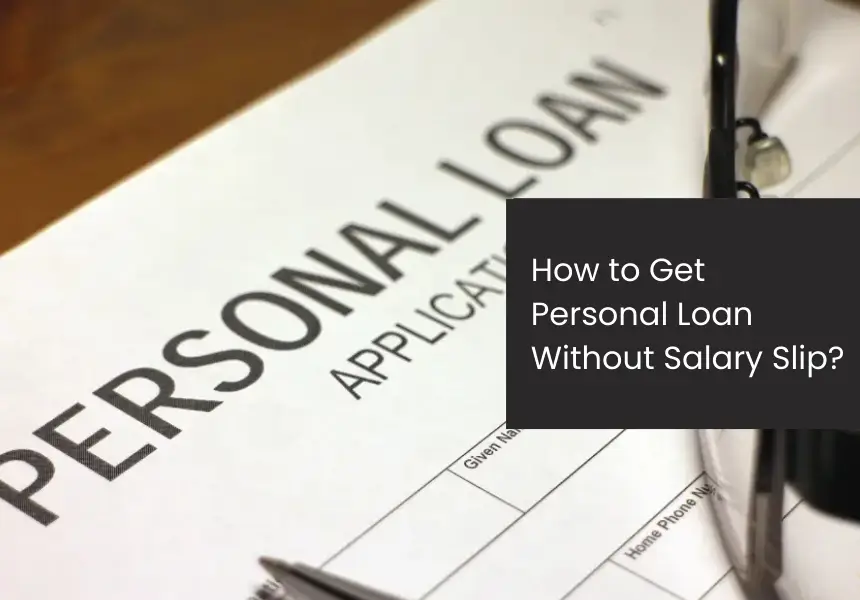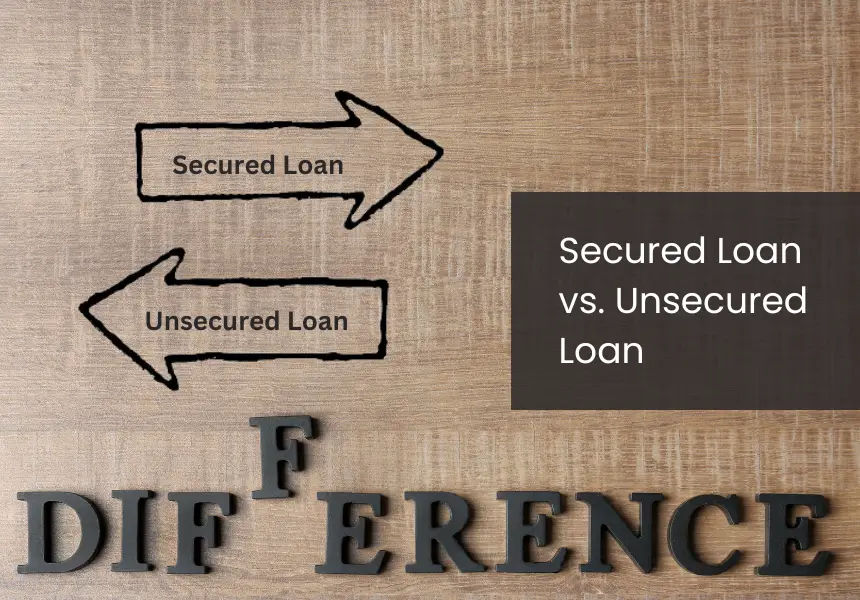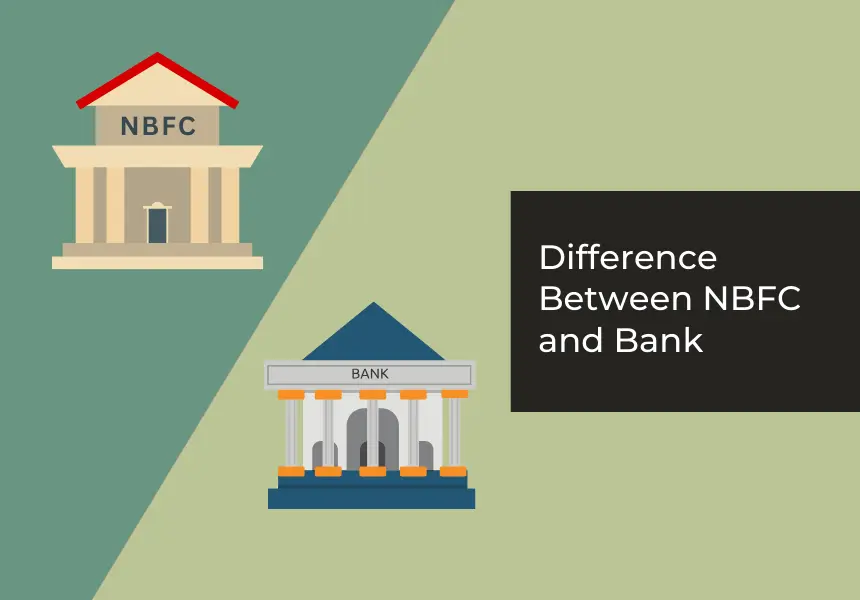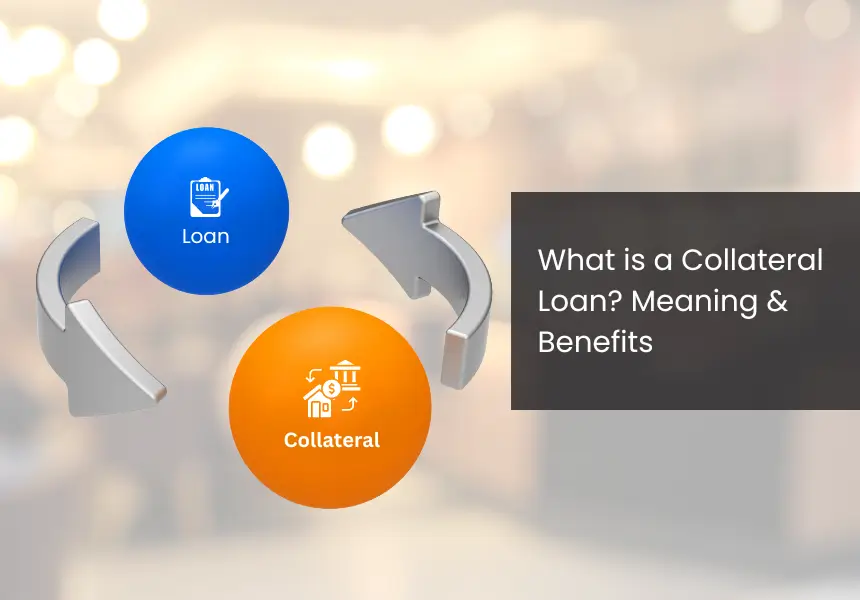
Are you a freelancer, entrepreneur, self-employed individual, or someone working for a company that doesn’t provide salary slips, finding it challenging to secure a personal loan? Salary slips are often an important requirement for financial institutions as they serve as a proof of income and help in assessing your repayment capability.
However, not having one doesn’t mean you are out of options. There are other alternative ways to show your financial stability and establish your eligibility for a loan.
But before we look at the alternatives, let’s understand why salary slips are important and how to get loan without salary slip.
What is the Importance of Salary slips?
A salary slip, issued by your employer, is a detailed record of your monthly earnings and deductions during a specific pay cycle. It plays an important role in various financial and administrative processes. Here’s why it is important:
- Proof of Income: It acts as official proof of your income, showcasing your ability to meet financial obligations.
- Loan Applications: When you apply for a loan, lenders usually ask for your salary slip to check if you can repay the loan. It shows that you have a steady job and a regular income, which helps them trust your ability to pay back the loan.
- Tax Filing: Salary slips help you calculate your taxable income and file accurate tax returns, ensuring compliance with regulations.
- Employment Verification: This document serves as proof of employment, which may be required when switching jobs or applying for benefits.
- Financial Planning: Understanding your net income and deductions enables better budgeting and financial management.
What are the Challenges of Getting a Personal Loan Without Salary slips?
Securing a personal loan can become challenging when you don’t have a salary slip, as many lenders rely on this document to assess your financial stability and loan eligibility. Here are some of the common challenges you might face:
Lenders often consider applicants without income proof as high-risk borrowers. Without a payslip, they lack concrete evidence of your financial reliability, making them hesitant to approve your loan. Securing a personal loan without salary slip and proving your repayment capacity may become challenging and lead to loan rejections.
Even if a lender agrees to process your loan, the absence of salary documentation might lead to higher interest rates. This helps compensate for the perceived risk of lending to someone with limited income proof. Moreover, not all financial institutions offer loans to individuals without salary slips. You may find your choices limited to alternative lenders or products, which might not always be ideal.
Applying for a personal loan without a salary slip may require submitting alternative proofs, such as bank statements, income tax returns, or guarantors. These extra documents can sometimes delay the application process.
Things to Consider Before Applying for a Personal Loan Without Salary Slip
Securing a personal loan without salary slip can be challenging, but with proper preparation, it may be possible to improve your chances of approval. Here are some things you can consider before applying:
1. Credit Score
Credit score helps in determining your loan eligibility. Lenders check this score to assess your creditworthiness, which is based on your repayment history, outstanding debts, and overall financial discipline. You can improve your credit score by making timely payments on your loans and credit card bills and reducing outstanding debts. A high credit score provides a reassurance of your ability to repay the loan.
2. Collateral or Guarantor
Another way to strengthen your application is providing a collateral or involving a guarantor. You can pledge assets like property, gold, or a vehicle as security. Moreover, a guarantor with a stable income and strong credit history can vouch for your repayment capability, increasing the chances of approval.
3. Alternative Proof for Self-Employed Individuals
If you’re self-employed and do not have salary slips, you can provide alternative proof of income stability. These documents include bank statements, tax returns, and audited financial statements to show your business’ profitability and steady cash flow.
Documents for Personal loans without Salary Slip
Securing a personal loan without salary slip may be possible with some lenders by providing alternative documentation to prove your identity, address, and financial capability. Here’s a list of essential documents generally required:
1. Identity Proof
You will need to submit either your PAN card, Aadhar card, Voter ID, or Passport to provide a proof of identity.
2. Address Proof
To confirm your place of residence, one of the following documents is usually required:
- Aadhaar Card
- Driving License
- Passport
3. Bank Statement
Lenders often ask for your bank statements for the last 6 months to evaluate your financial stability and repayment capacity. These statements can provide insight into your income and expenditure patterns.
4. Alternative Income Proof (if required)
If you don’t have a salary slip, you may need to provide alternative income proof, such as:
- Income Tax Returns (ITR)
- Freelance contracts or invoices
- Proof of additional income, like rental income or investment
How to Apply for a Personal Loan without PaySlip?
Getting a personal loan without payslip is possible if you follow a structured approach. Here’s how you can apply:
1. Verify Your Eligibility
Start by checking the basic eligibility criteria set by the lender. These usually include:
- Age: Falling within the acceptable age range, often 21 to 60 years.
- Credit Score: Maintaining a good credit score to demonstrate your financial responsibility.
- Employment Stability: Proving consistent employment or business income to assure the lender of your repayment capacity.
2. Provide Alternate Income Proofs
Even without a salary slip, lenders require evidence of your financial stability. You can offer:
- Bank Statements: Typically from the last 3-6 months, showing consistent deposits or transactions.
- Income Tax Returns (ITRs): To demonstrate your annual income.
- Rental Income or Business Invoices: If you have alternative sources of income.
Gathering these documents in advance can smoothen the loan application process.
3. Apply Online or Offline
Visit the lender’s website or branch to fill out the application form. Provide accurate personal, employment, and financial details. Upload or submit the required documents as proof of income.
Once the application is processed and approved, the loan amount will be disbursed directly to your account within a few working days.
Conclusion
Securing a personal loan without salary slip may be possible if you can provide alternative proofs of income, such as bank statements, tax returns, or other financial documentation. Additionally, a good credit score and a stable source of income, whether as a freelancer, business owner, or self-employed individual, can enhance your chances of approval.
However, if you have your salary slip and other documents in place, LoanTap is a great option for securing personal loans. With flexible repayment tenures ranging from 6 months to 60 months, competitive interest rates, and loan amounts up to ₹10 lakh, LoanTap ensures a hassle-free process. Whether you’re planning a wedding, covering medical expenses, or consolidating debts, LoanTap’s user-friendly approach and minimal documentation requirements make it an excellent choice.
Frequently Asked Questions
Can I use assets or collateral to secure a personal loan without salary slip?
Yes, securing a loan with collateral like property or a fixed deposit could increase your chances of approval. Collateral offers lenders reassurance that they can recover their loan in case of default.
Can I secure a 1 lakh loan without a salary slip?
Yes, it can be possible to get a ₹1 lakh personal loan without salary slip in some cases, but it depends on factors like your credit score, income, and other documentation, and the lender. Lenders may consider alternative documents such as bank statements, income tax returns (ITR), or proof of business income (if self-employed). However, without a salary slip, you may face higher interest rates, stricter eligibility criteria, or a smaller loan amount.
Can I apply for a personal loan without salary slip if I have savings or investments?
Yes, if you have significant savings or investments, you may be able to use them to demonstrate financial stability. Some lenders might consider these assets when assessing your loan application.
What other documents can be used as proof of income besides salary slips?
Other documents that can be used include income tax returns (ITR) and bank statements for salaried individuals, and business registration certificates, profit-and-loss statements, and GST returns for self-employed individuals.
What are the main reasons banks require a salary slip for a personal loan?
Banks usually use salary slips to verify your income, ensuring that you have a stable source of repayment for the loan. It helps them assess your financial reliability and repayment capacity.








